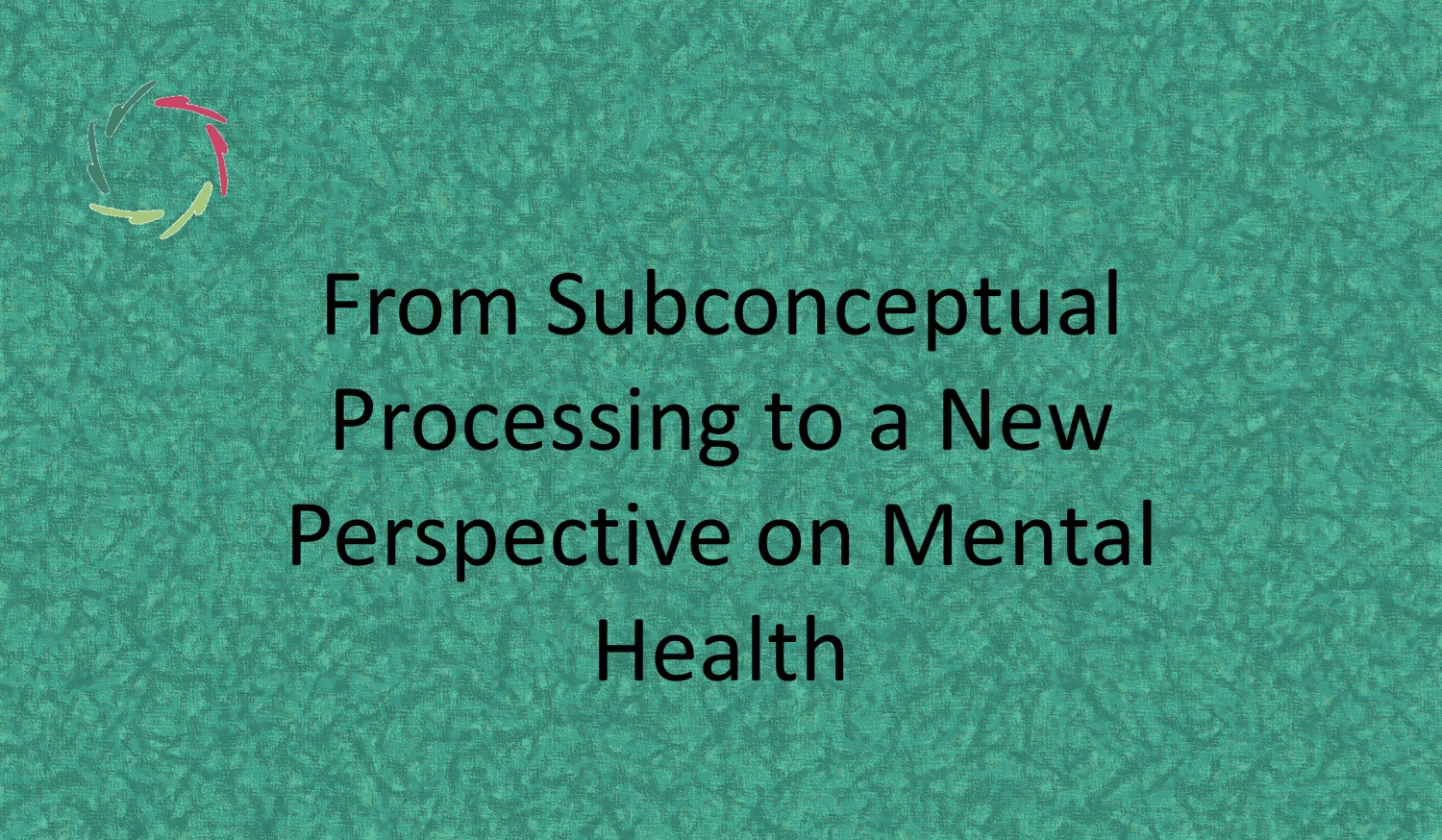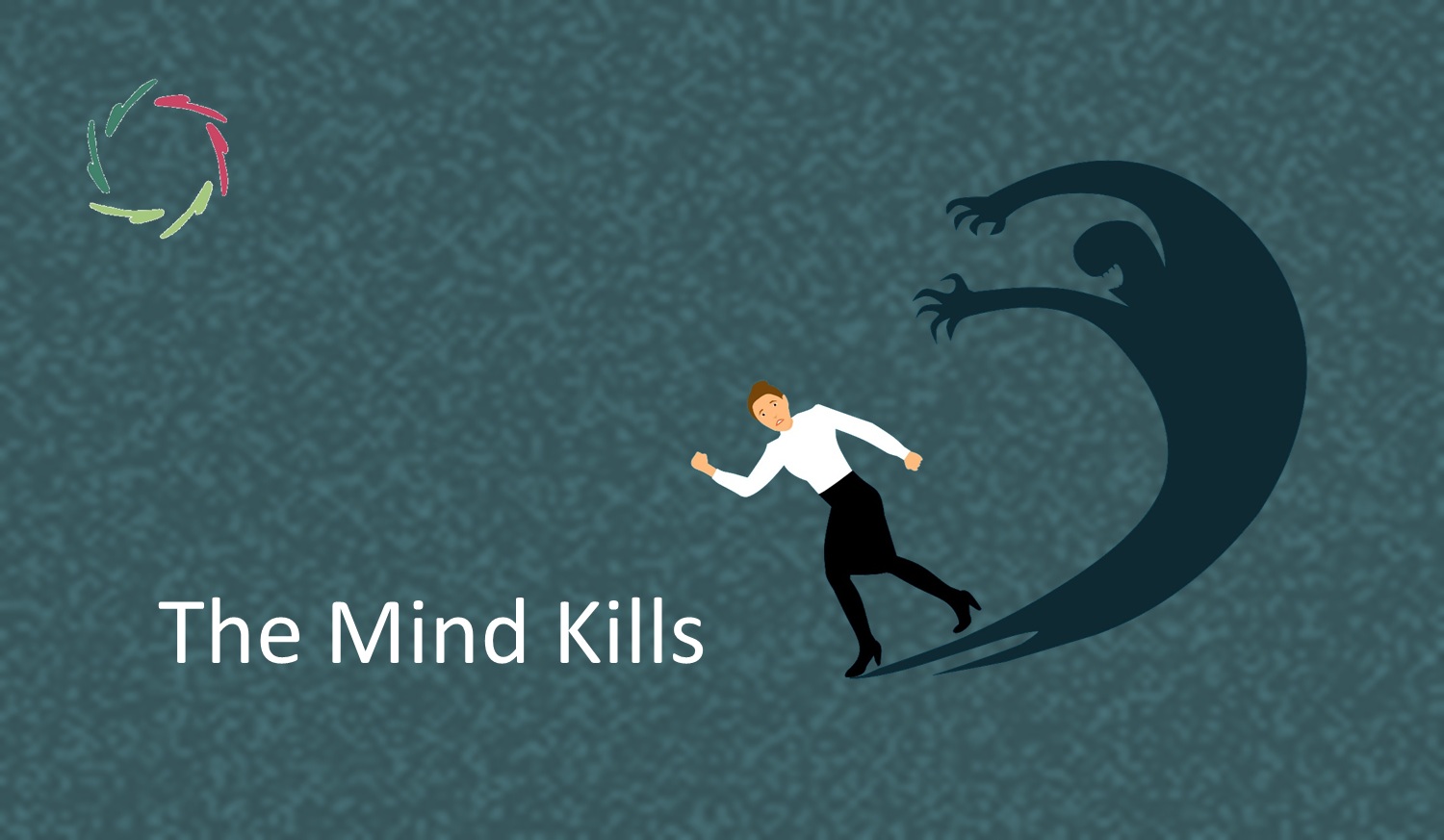What is Health? – Being Able to Change and Enjoy

Health can be considered as the absence of illness. It was often defined as such in the past centuries. A modern definition of the World Health Organization (WHO) clearly shows another view
WHO
“Health is a state of complete physical, mental and social wellbeing and not merely the absence of disease or infirmity.”
It is realized that health is linked to ‘being-healthy’ in different domains. However, the definition does not give a picture of what exactly is to be understood with this being-healthy.
The following is part of my book ‘Your Mind as Cure.’
[see: “Your Mind As Cure“]
Being-healthy = being able to enjoy
Health as an idealized picture of a condition without illness is unattainable. Striving for it can lessen the enjoyment or even make it impossible. This seems obvious, but it still has many people unnecessarily making their lives a burden. They want a ‘perfect’ cholesterol level in their blood and feel guilty when they have something tasty but fatty to eat for a change. With the least physical complaint, they start panicking, and they have difficulty believing their doctor’s reassuring words. While always looking for the ‘healthiest’ lifestyle, they forget that one of the healthiest things they could do is simply enjoy themselves.
The prevention and treatment of illness should be no aim in itself. Don’t get me wrong: I don’t say that you should live from one day to the next, stacking everything that’s unhealthy. I mean that health only matters in view of other goals. I find enjoying a good aim. It can also be filled out very personally. If you agree with this, make sure you enjoy now and that you have enough health left to go on thoroughly enjoying in the future.
To me, enjoying is first and foremost appreciating life as it comes. This is not a synonym to waiting fatalistically what life will bring you. Caring for one’s own health is part of that which modern man is entitled to. It is part of his way of being human. Caring for my health belongs to life as it comes to me and which I want to delight in. Of course, calling on medical science is also part of it.
Nevertheless, the shoe starts to pinch as soon as that medical science is being used improperly. The individual in need can learn to see himself as a failure as long as he does not comply with an artificial image of being-healthy. In a consumer society such as ours, the difference between enjoying and being dependent on an absurd number of industrial products – among which are plenty of medical-diagnostic and therapeutic means – can quickly fade. In his appeal to this, the individual can be driven to the idea that enjoying is only possible in a state of perfect health. The enjoyment is postponed then until that state of perfect health is reached. In other words: enjoying is postponed forever. This way, any health worker who participates in this becomes an ill-maker himself!
To me, being-healthy means to feel life flowing and to feel myself alive in times of joy as well as misery and pain, not fearing illness but enjoying what I now have, my hope for the future, and my memories of the past. ‘Now’ is the only moment at which I can enjoy, but what I can enjoy is endlessly significant and eternal.
Being-healthy = being able to change
Health is not possible without a continuous adaptation to changes in the internal environment (what happens inside my body) and external circumstances. When an adaptation goes well, it will be the cause of better health and a more substantial capability of adjustment in the future. This is what mostly happens in case of a small infection or a slightly depressed feeling. If the individual cannot manage the adaptations, they will be the cause of a specific disorder: a clinical infection or a real depression. These too can be conquered, and they can reinforce the individual, especially if the triumph is obtained through his power (which can, of course, be helped or stimulated).
If the adaptations continue to fail, then the changes are the cause of a more general ill-being which translates into a reduced resistance against further changes. The immunological defense becomes unsettled. The psychological defense falters. In the end, the individual drops out. He becomes chronically ill, chronically tired, a chronic-pain sufferer. A diagnosis of ‘chronic fatigue syndrome’ can then come morally as a rescue. However, at the personal level – insofar as it diminishes one’s own responsibility for the most part – it often means a catastrophe.
Someone can change at the surface and stop smoking or lose 15 kilos overweight, but has that person therefore automatically become a ‘non-smoker’ or a ‘healthy eater’? I don’t think so. The smoker and the over-eater have not disappeared; they nurse a continuous unhealthy tension. A real change goes much deeper than mere behavior or merely an idea about oneself. Moreover, the smoker has every interest in becoming a non-smoker, even before he stops smoking. This is discussed further in the chapter on giving up smoking.
A real change does not leave the non-conscious alone. It involves a modification of the total personality. In the present western culture, this is looked upon with some suspicion at first glance. A personality change is usually not on the repertoire, not even with psychotherapy. It is considered extremely difficult. How can it then be so simple as I make it appear here? Well, simply because I start from the enormous possibilities offered by autosuggestion. These possibilities are in almost all of medicine and psychotherapy not used explicitly. Implicitly (without the patient nor the therapist being aware of it), it is used frequently. Probably implicit autosuggestion (i.e., the patient himself) is even the most used and the most efficient cure of all times, including the present!
Nevertheless, an implicit use of autosuggestion is poorly organized and relatively inefficient. By opening it and studying it for what it is, you can learn to use autosuggestion more powerfully. At the same time, this openness returns the power (and the responsibility) to where it belongs: namely, to the patient himself.
For someone willing to use his strength in sickness and health, being ill is an ‘activity’ carrying a responsibility, not just to become healthy again, but to become healthy in the ‘right’ way. This implies always listening to the illness as the possible carrier of an important message. This responsibility should not lead to feelings of guilt, but instead, strengthen the person each time he takes up his responsibility.
An earnest wish to self-change is linked unavoidably with self-acceptance: accepting oneself as the person from before the change. This seems to be a paradox: accepting oneself and still wanting to change. Well, I even want to go further: there is no other way! Of course, this does not mean that you should first adore your excess weight before being able to lose it or that you should first totally comply with your smoking behavior before being ready to quit. Self-acceptance means that you are open to your whole person, hence, also to what may arise from your non-conscious. Insofar as your wish to change belongs to you (and not to an idealized image with which you don’t feel ‘at home’), self-acceptance is also the acceptance of this aspect, the wish to change.
The contradiction is thus solved: self-acceptance implies that you accept yourself entirely as you are, your wish to change included. No battle is waged with the self. That one direction that is ideal for the total person is being looked for through the dialogue. This direction being the change you have always wanted, one way or another. Beware: it might be a change that leaves everything as it is at the surface! The ‘change’ is then to be found in the attitude you take towards yourself. Perhaps eventually, your weight may not change, but you learn to realize that you are content with your current shape. I can guarantee you one thing: if through autosuggestion, you reasonably learn to communicate with your non-conscious, you will one way or the other change into someone who is more pleased with him/herself.


